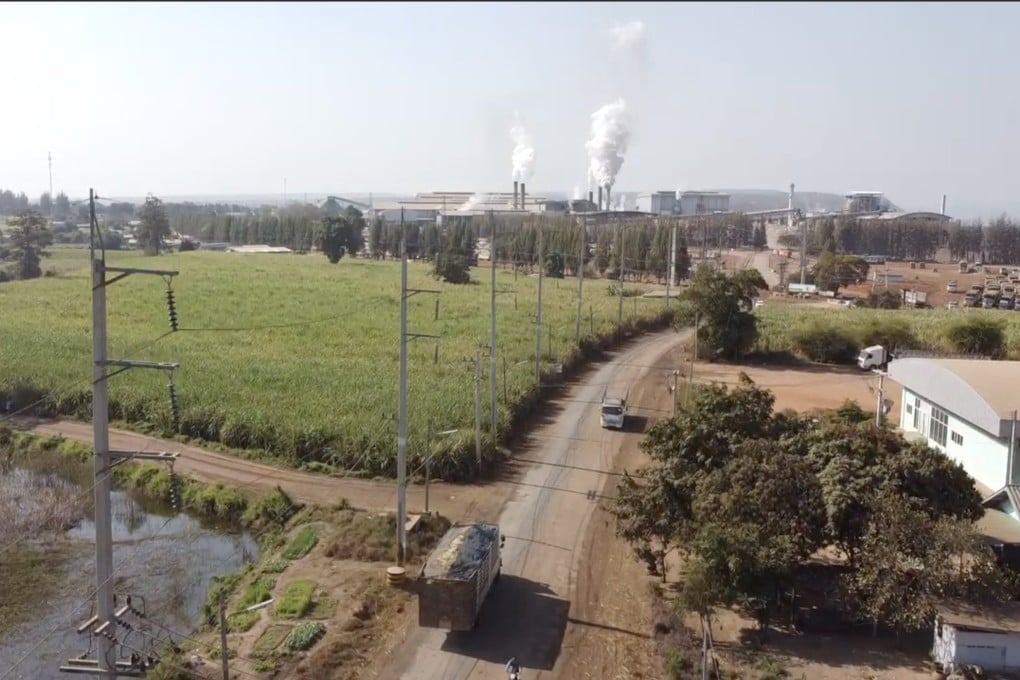Thai sugar farmers, squeezed by climate change and health concerns, face bitter outlook
Farmers say they feel besieged as global price collapse, Chinese ban on syrup imports and government’s fight against air pollution add to dilemmas

Their produce fuels consumer cravings for bubble teas, cakes, ice creams and other calorific treats, but Thailand’s sugar cane farmers – the backbone of the world’s second-largest sugar exporting nation – fear the sweet times for their industry may be turning sour.
Thai sugar is being assailed by problems from all directions, they say, as the climate crisis, a global price collapse and a sudden ban from China on syrup imports squeeze margins ever tighter.
Thailand is the world’s second-largest white sugar exporter after India and the third of raw sugar behind Brazil. With more than 1.6 million hectares (3.9 million acres) of land dedicated to growing sugar cane, it produced 11 million tonnes of sugar in 2023, according to Thailand’s Board of Investment.
About 70 per cent of it was shipped overseas. The remainder was sold at home, giving Thai consumers some of the cheapest sugar in Asia at a factory gate price of about 20 baht (58 US cents) a kilogram, according to industry associations.
But sugar cane farmers say they are now besieged by forces beyond their control.
The perennial problem is that global prices for the commodity are set on the New York exchange.
And those have plummeted to three-year lows as oversupply from Brazil and India sinks prices of white sugar to as low as US$470 a metric ton – the cheapest since September 2021. Prices have rallied a little but are expected to remain low throughout this year.
